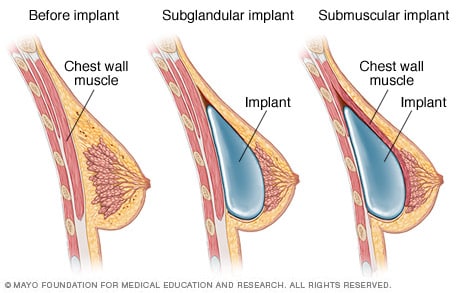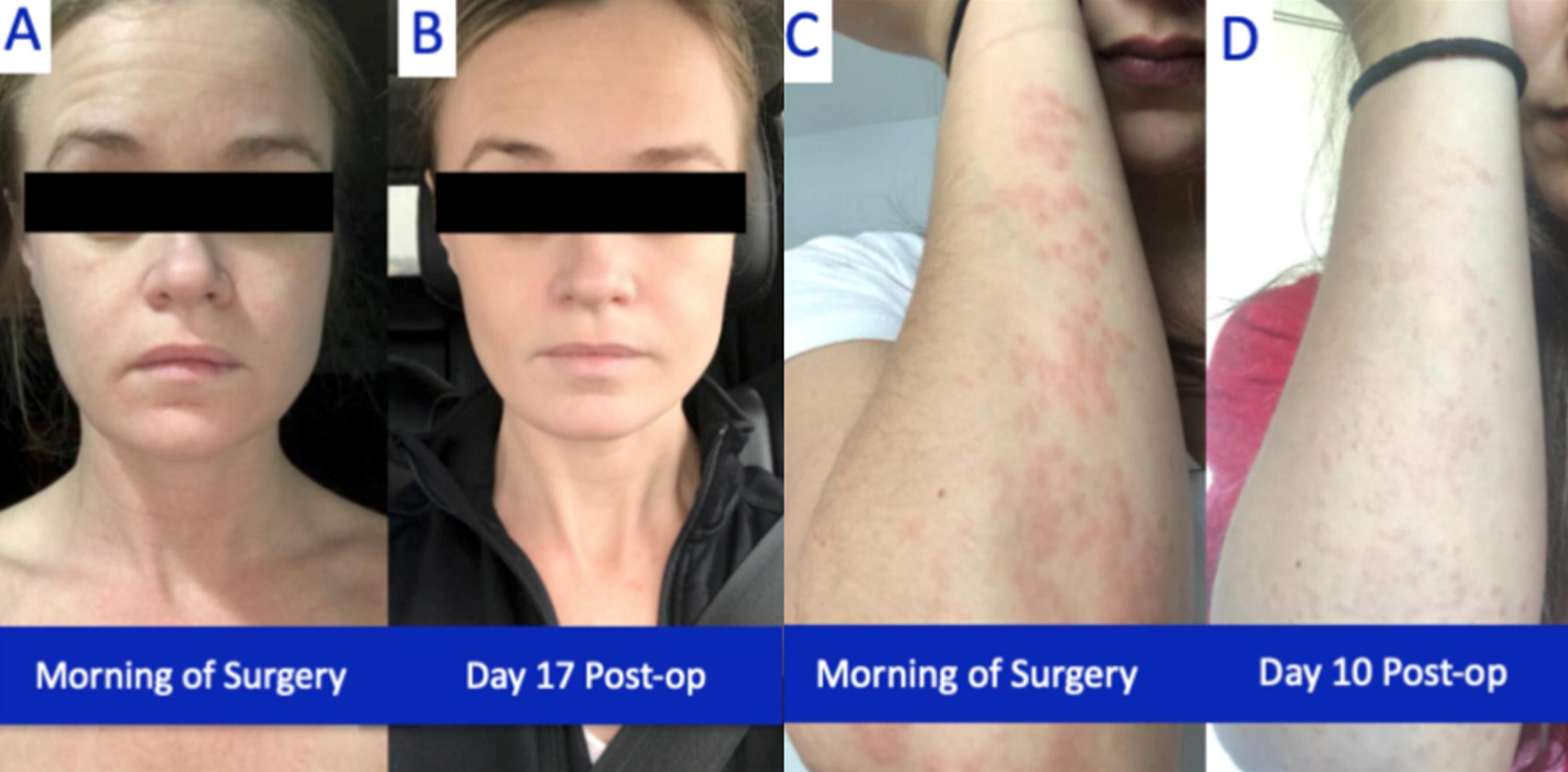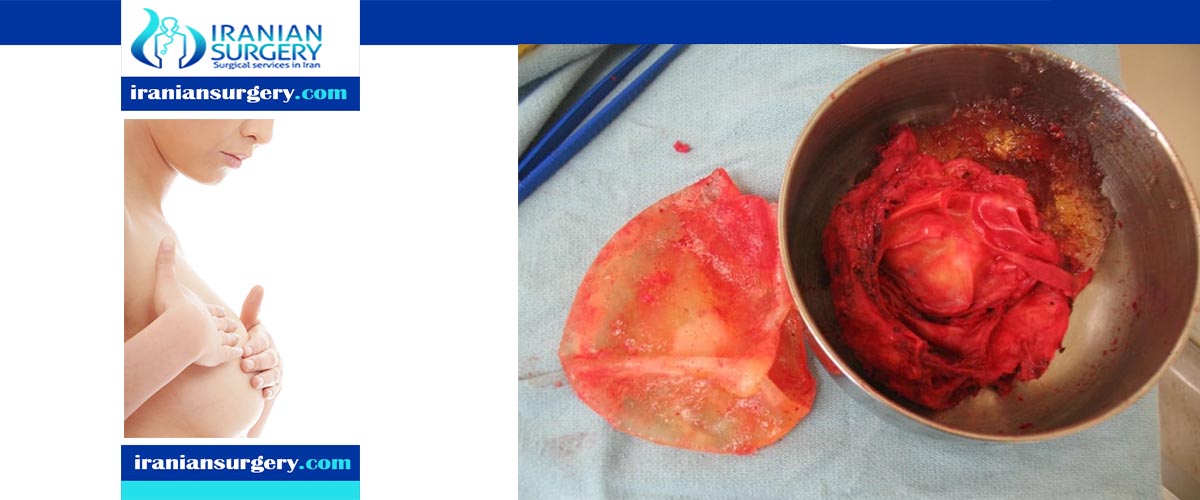
If you or your child is suffering from a deviated septum, there are several treatment options. There are two options: you can have surgery to correct the problem or choose a more conservative option. Read about the risks and benefits of surgery before you make a decision. You may need to have your septum replaced in some cases.
There are many treatment options
A deviated septum can make it difficult to breathe. This condition can be treated with a variety of treatments. These treatments can relieve symptoms such as stuffy nose or sinusitis and may also help delay surgery. Decongestants are medications that reduce swelling and can be used to treat the symptoms. They can either be taken by mouth, or applied directly to your nasal cavity with a nasal spray.
If the condition is mild and doesn't cause any complications, surgery can be performed. However, if it gets so severe that it interferes with breathing, surgical intervention is required. If non-surgical treatments fail, ENT doctors, also called otolaryngologists recommend surgery.
Surgery options
There are many surgical options that can correct a deviated nasal septum. These options can improve your breathing and reduce nasal congestion. A valve repair or turbinate removal are some options. You can also have surgery done to remove polyps, or to improve the function your sinuses. It is important to understand the risks and benefits of surgery before you make any decision.

Though surgical procedures are not able to fix all deviated nasal septums, it is possible to have surgery if the deviated nose is causing severe congestion or interfering breathing. A deviated or crooked septum can make your face look awkward and can lead to self-consciousness about your appearance. The septoplasty procedure can straighten the septum or correct other structural issues. Patients can return home the same day and without any bruising or scarring.
Surgery complications
Sinus infections may be more common if there is a deviation in the septum. Infections can cause inflammation, irritation, and even infection in the nasal passages. They can spread to the brain tissue and cause seizures. Sometimes, surgery is required to correct the septum deviation.
A deviated septum can cause complications. While the risks are low, long-term complications can occur. The symptoms can include bleeding, pain and infection. Sometimes, patients will need consultation with a neurologist to address any complications.
Allergy treatment
Doctors diagnose deviated septum based on symptoms and physical examinations of the nose, sinuses and ears. To determine the cause, a doctor will ask questions about the symptoms and lifestyle of the patient. A CT scan of the sinuses may be performed to assess the severity and extent of the problem.
Some patients may find that allergy treatment for deviated Septum can help reduce symptoms. It may reduce swelling in the septum and surrounding tissue, as well as relieve congestion. But it will not resolve the underlying issue.

Alternatives to surgery
While surgery is the most common way to correct a deviated septum, there are also alternatives available. Endoscopic septoplasty is an excellent minimally invasive alternative to traditional surgery. Endoscopic septoplasty allows surgeons to see the bone and cartilage in detail, which makes it possible to pinpoint the exact cause.
The procedure corrects the septum's deviation by straightening the nasal septum, and then reinserting it into your nose. The surgeon may need to cut and then re-insert the septum in order to achieve the proper alignment. The result is better airflow through your nose. The surgery results may not last, and patients should be aware of the possibility that other conditions can make the condition worse.